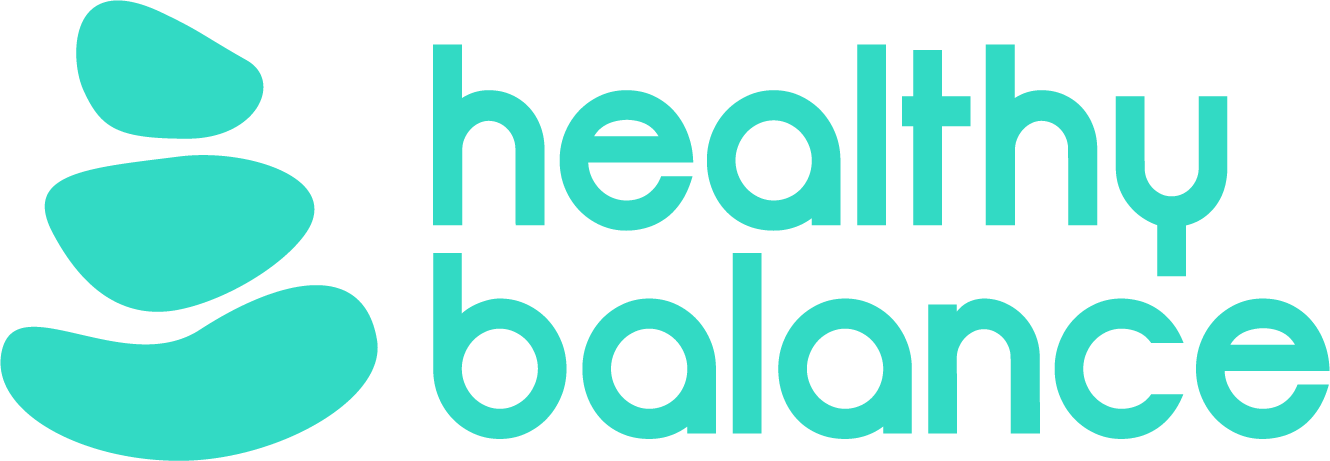Childbirth is a miracle of God. Every baby brings delight and immense pleasure to the parents and their families. According to UN estimates, 140 million babies are born worldwide, but sometimes not every baby coming into the world is a reason to rejoice. And the reason is that 3-4 million newborn babies die due to congenital disabilities. The leading causes of infant death are certain diseases, injuries, or prenatal complications, some of which can be avoided with proper awareness.
Much efforts and research go into devising solutions for problems related to infant health and reducing the mortality rate. The reasons for these complications may vary. For instance, factors like climatic conditions, healthcare infrastructure, and wellness training of pregnant women significantly impact babies and their health.
The most crucial factor in having a healthy baby is ensuring you are as healthy as possible during pregnancy. It means eating a balanced diet, exercising regularly, and maintaining good hygiene.
Mothers must be aware of the risks resulting from a lack of awareness and knowledge of preventable diseases. It is another crucial aspect in lowering newborn mortality and congenital abnormalities and assisting a healthy pregnancy and natural birth. However, there are often cases of medical negligence that can risk the baby’s health. In case of any doubt, always consult with your doctor. Suppose there has been any negligence on the part of the medical team. In that case, you can contact birth injury lawyers to get started on your case.
Table of Contents
Planning
Planning ahead of a pregnancy is an excellent start for prenatal care. Going to a healthcare professional for an examination, blood tests, and shots can help identify any health issues that might cause a disability in your baby. Having your medical history reviewed for a background check is very important to eliminate the risks of any chronic illness.
Prenatal vitamin supplements
A woman’s body prepares for fetal development and breastfeeding during pregnancy. It goes through a lot of hormonal and physical changes. Healthcare professionals recommend a daily dose of all the essential nutrients to ensure the pregnancy stays healthy for the baby and the mother. Besides consuming a balanced and healthy diet, pregnant women are often advised to take prenatal vitamin supplements. Prenatal vitamins contain a high amount of folic acid, iron, and calcium, which are vital for a baby’s development.
Healthy eating
Women must consume a balanced and healthy diet during pregnancy to maintain their health and support the developing baby. Eating a variety of nutrient-dense foods helps meet the increased demands of pregnancy. Pregnant women should focus on eating various fruits, vegetables, whole grains, lean proteins, and low-fat dairy. They should also limit their intake of processed foods, sugary drinks, and unhealthy fats.
Avoiding injurious stuff
Alcohol, for instance, is a huge no-no as it can lead to fetal alcohol syndrome in your child. Another big no-no is smoking. Smoking decreases the oxygen that flows to your baby and increases the risk of preterm labor and low birth weight. There have been studies that show a correlation between smoking and SIDS as well. You should also avoid illegal drugs, which can lead to congenital disabilities, low birth weight, and preterm labor. To have a healthy pregnancy, you need to take care of yourself. Eating right and exercising will help you have a healthy pregnancy. You should also make sure to get enough rest and avoid stress. If you have a high-risk pregnancy, you should talk to your doctor about what you can do to ensure a healthy pregnancy.
Exercise and hydration
For most women, it is recommended to do low-impact exercises for at least half an hour daily, including stretching, walking, and yoga. These exercises may help reduce backaches, swelling, and bloating and improve a woman’s ability to cope with labor. It decreases the risk of gestational diabetes and controls blood pressure for healthy fetal development. It is imperative to keep the body hydrated during and after exercise as water circulates the nutrients in the body, stops it from overheating, assists digestion, and forms the amniotic fluid. Recommended intake is eight to twelve glasses of water a day.
Vaccinations
You can help ensure a healthy start for your baby during pregnancy by getting certain vaccines. These vaccines protect you from diseases that could harm you and your baby. Suppose you’re not already vaccinated against certain diseases. In that case, your doctor or midwife will likely recommend that you get vaccinated during pregnancy. These vaccines include Tetanus, diphtheria, and pertussis (Tdap) vaccine: This vaccine protects you from whooping cough, which can be dangerous for you and your baby. The Tdap vaccine is usually given during the third trimester of pregnancy, preferably during weeks 27 through 36.
Having enough sleep
As we all know, getting enough sleep is vital for our overall health and well-being. But during pregnancy, it’s imperative to get enough rest. That’s because sleep deprivation can lead to serious health problems for you and your baby. Sleep deprivation during pregnancy can increase your risk of developing preeclampsia, leading to premature birth. It can also cause you to be more likely to have a low birth-weight baby. So be sure to get plenty of rest during pregnancy and prioritize sleep.
Conclusion
Pregnancy can be the most exciting yet stressful time of their lives for most women. Once you know you are pregnant, from the first to the last week of the pregnancy, taking care of yourself is essential to ensure your baby is born fit and healthy. Being aware of what to do and what not to do can drastically improve the health of your newborn. Knowing you are doing your best can relieve stress and positively impact your mood and your baby’s health.






